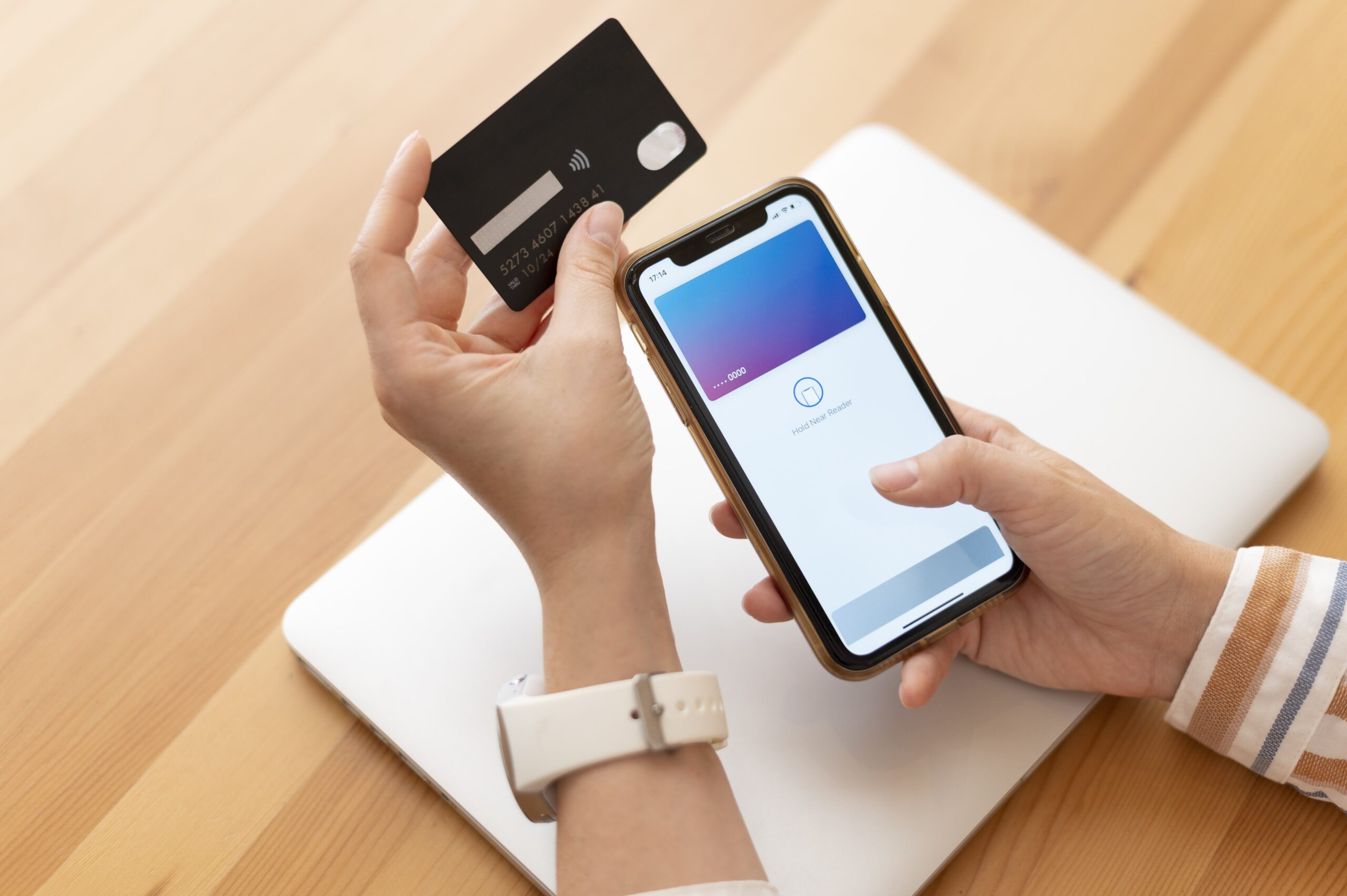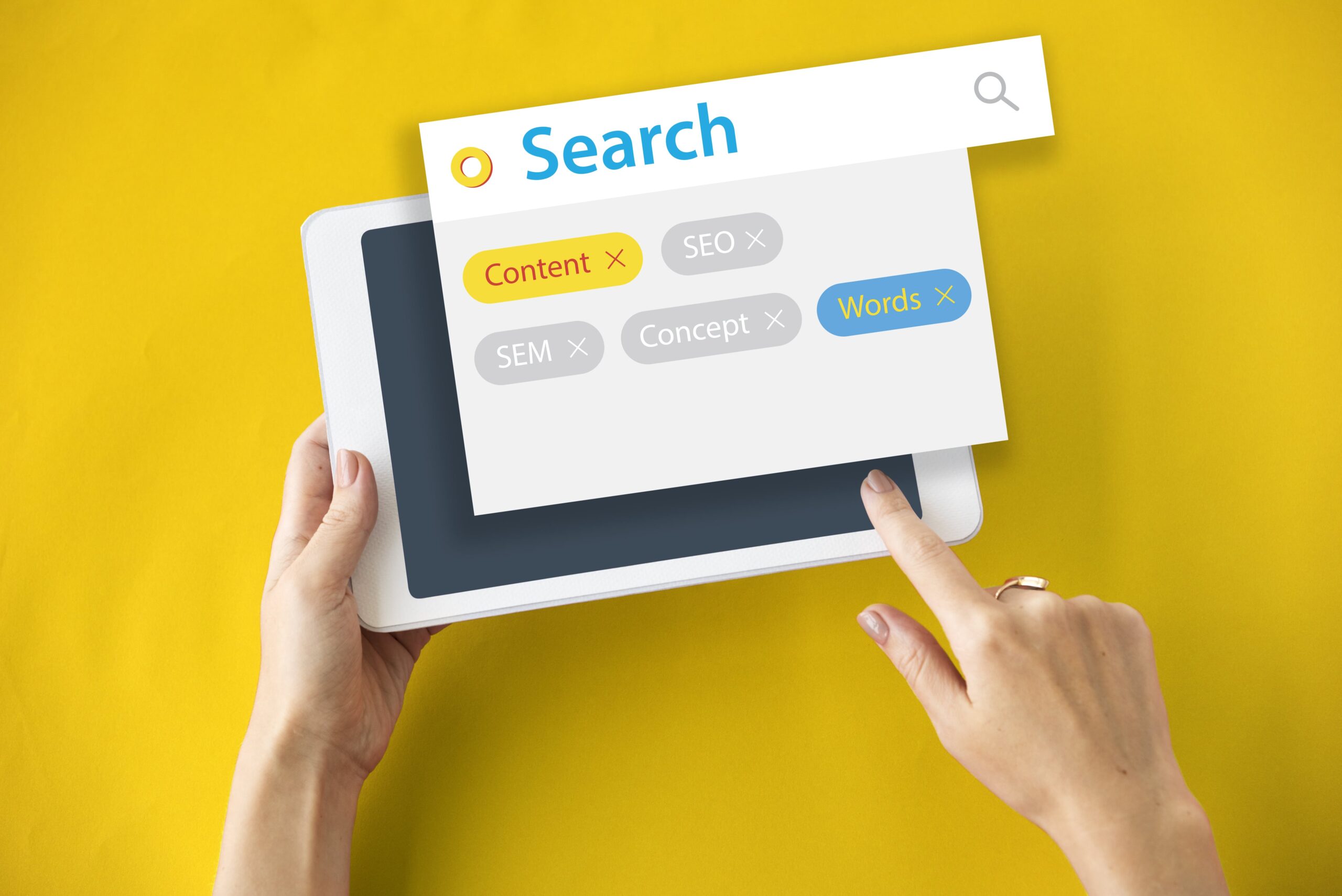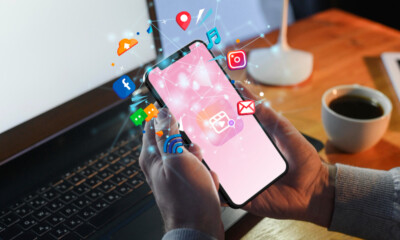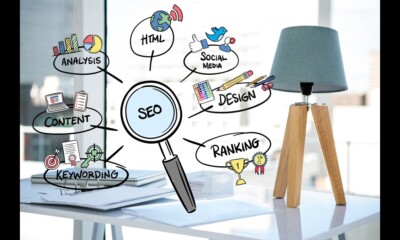Digital business cards are rapidly transforming how professionals connect and share their contact information in today’s fast-paced, tech-driven world. Unlike traditional paper cards, digital business cards use QR codes, NFC technology, or shareable links to instantly exchange details, making networking more efficient, eco-friendly, and cost-effective. They allow for easy updates, eliminating the need to reprint cards when information changes, and can include interactive elements such as clickable links, social media profiles, and multimedia content. With the rise of remote work, virtual meetings, and global collaborations, digital business cards provide a seamless way to connect across physical and geographical boundaries. They also integrate well with CRM tools, helping businesses streamline follow-ups and maintain better relationships. As sustainability and convenience become priorities in professional networking, digital business cards are emerging as a smarter, more innovative alternative to traditional methods, signaling a potential future shift in how we build and nurture professional connections.
What Are Digital Business Cards and How Do They Work?
Digital business cards are modern, tech-enabled alternatives to traditional paper cards, designed to make networking faster, smarter, and more eco-friendly. They store and share contact information electronically, eliminating the limitations of physical cards. Here’s how they work and what makes them unique:
- Definition – A digital business card is an electronic version of a traditional card, accessible via a link, QR code, or NFC technology.
- Formats – They can be web-based, app-based, or integrated into digital wallets like Apple Wallet or Google Wallet.
- Sharing Methods –
- Scanning a QR code
- Tapping NFC-enabled cards or devices
- Sending a shareable link via email, messaging apps, or social media
- Customizable Design – Users can personalize cards with branding, colors, logos, and interactive elements.
- Interactive Features –
- Clickable website and email links
- Social media profile integration
- Embedded videos or portfolios
- Easy Updates – Edit contact details anytime without reprinting.
- Accessibility – Works seamlessly across smartphones, tablets, and desktops.
By combining convenience, interactivity, and real-time updates, digital business cards offer a versatile and innovative networking solution for modern professionals.
Related Article: How To Grow Your Business?
Key Benefits of Using Digital Business Cards for Networking
Switching to digital business cards offers numerous advantages that align with the needs of today’s professionals and businesses.
- Eco-Friendly Networking
- Reduces paper waste and printing costs.
- Supports sustainability goals.
- Cost-Effective
- No recurring printing expenses.
- One-time setup with unlimited sharing.
- Instant Sharing
- Send your card to anyone, anywhere, in seconds.
- Perfect for in-person and virtual networking.
- Always Up-to-Date
- Update phone numbers, job titles, or email addresses instantly.
- No outdated cards floating around.
- Interactive & Engaging
- Include clickable links to your website, portfolio, or LinkedIn.
- Add videos or product demos.
- Better Follow-Up Opportunities
- Integrates with CRM tools for lead tracking.
- Helps automate follow-up reminders.
- Professional Branding
- Reflects your brand’s personality and professionalism.
- Global Accessibility
- Share across different time zones and countries without shipping or printing delays.
By leveraging these benefits, digital business cards can make your networking efforts more impactful and memorable.
Related Article: Reasons Why Email Marketing Is So Important For Your Business
Why Digital Business Cards Could Replace Traditional Paper Cards
While traditional paper business cards have been a staple in networking for decades, several factors suggest that digital business cards could eventually take their place.
- Changing Work Environments
- Rise of remote work and virtual events demands digital-friendly networking solutions.
- Cost Savings
- Eliminates recurring printing costs.
- No need to discard outdated cards when details change.
- Sustainability Focus
- Paper cards contribute to waste; digital options are eco-friendly.
- Enhanced Functionality
- Paper cards can’t include videos, clickable links, or instant updates.
- Digital cards offer richer, more engaging experiences.
- Speed and Convenience
- Instantly share with anyone globally.
- Avoids the hassle of carrying stacks of cards.
- Data Analytics
- Track who views your card and when.
- Gain insights for targeted follow-ups.
- Tech Adoption Trends
- Younger professionals and startups prefer digital-first solutions.
- Growing NFC and QR code adoption in everyday life.
With their blend of efficiency, interactivity, and eco-consciousness, digital business cards are positioned to become the standard for professional networking in the near future.
Conclusion
Digital business cards are more than just a modern twist on traditional networking—they represent a complete shift in how professionals connect and share information. By offering instant sharing, real-time updates, interactive features, and eco-friendly benefits, they solve many limitations of paper cards while enhancing engagement. As the world continues to embrace remote work, virtual events, and sustainable practices, digital business cards are set to become a preferred choice for professionals across industries. Whether you’re an entrepreneur, corporate executive, or freelancer, adopting this technology can help you stand out, streamline networking, and stay ahead in today’s fast-evolving business landscape.
FAQs
1. What is a digital business card and how does it work?
A digital business card is an electronic version of a traditional business card, shared via QR code, NFC, or link. It stores contact details, social media links, and multimedia, allowing professionals to network instantly and update information in real time.
2. Are digital business cards better than paper business cards?
Yes, digital business cards offer advantages over paper cards, including eco-friendliness, cost savings, instant sharing, and interactive features. They can be updated anytime, eliminating the need for reprints when contact details change.
3. How do I share my digital business card?
You can share a digital business card by having others scan your QR code, tapping an NFC-enabled card or phone, or sending a shareable link through email, messaging apps, or social media platforms.
4. Can digital business cards integrate with CRM tools?
Many digital business card platforms allow integration with CRM tools. This helps professionals capture leads, track interactions, and follow up automatically, making networking more efficient and organized.
5. Are digital business cards eco-friendly?
Yes, digital business cards are eco-friendly because they eliminate the need for paper, printing, and physical waste. By going digital, professionals reduce their carbon footprint while adopting a more sustainable networking method.






















